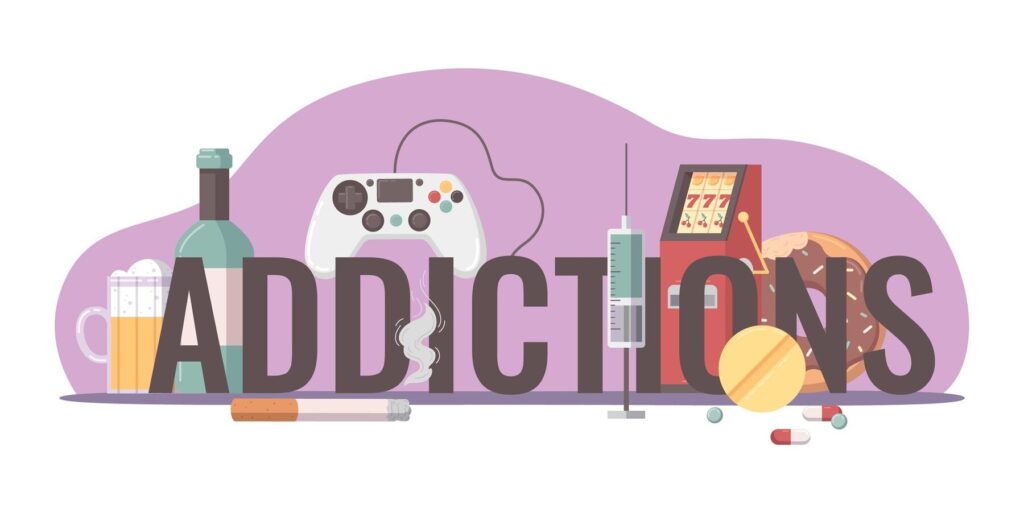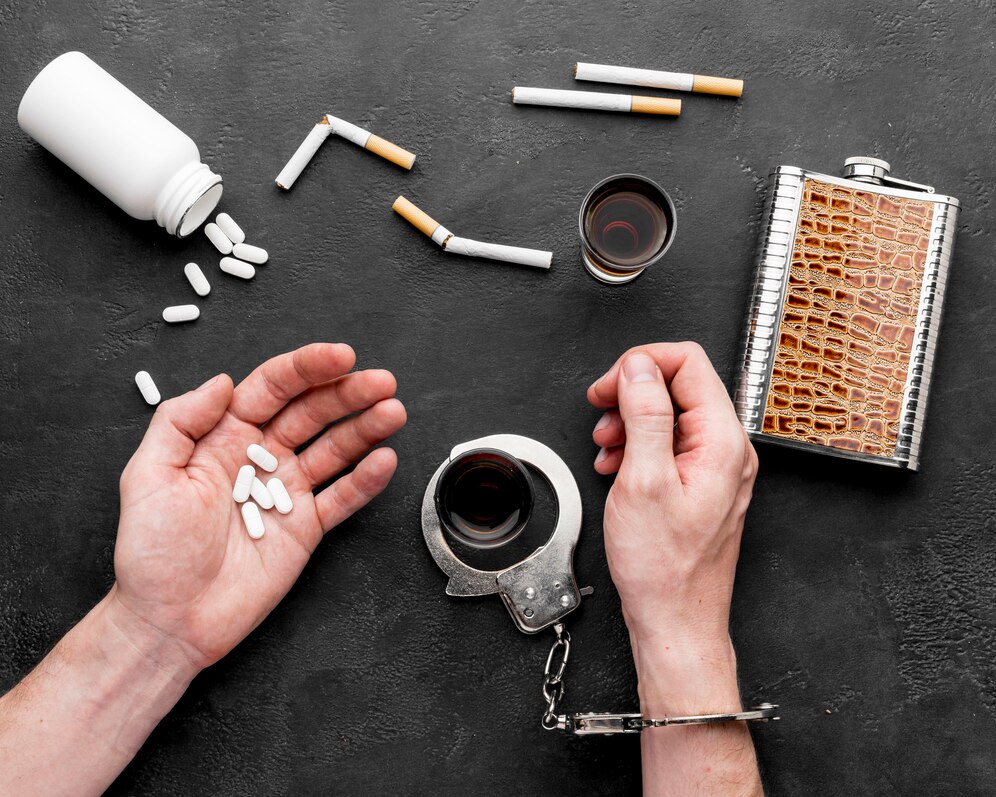Table of contents
Addiction continues to affect millions of lives globally, causing physical, emotional, and social turmoil for those struggling and their loved ones. Traditional treatment methods—such as therapy, medication, and support groups—are critical, but researchers are also exploring complementary therapies to enhance recovery outcomes. One of the most discussed in recent years is CBD (cannabidiol). While it’s not a cure, emerging science suggests that CBD for addiction recovery could play a supportive role.
This blog dives into the current research, mechanisms of action, and real-world implications of using CBD for those in recovery from substance use disorders.
What is CBD?
CBD, short for cannabidiol, is a natural compound extracted from the hemp plant. Unlike THC (tetrahydrocannabinol), CBD is non-psychoactive, meaning it doesn’t produce a “high.” Instead, CBD interacts with the endocannabinoid system (ECS) in the body, which helps regulate mood, sleep, pain, and immune responses.
CBD is available in various forms such as tinctures, capsules, gummies, and topicals, making it accessible for individuals based on their needs and preferences.
The Opioid and Addiction Crisis: A Need for New Tools

The opioid epidemic and other forms of substance abuse have overwhelmed healthcare systems and families worldwide. Despite progress in treatment options, relapse rates remain high, and side effects of certain medications may deter long-term use.
This has led researchers and clinicians to explore alternative and complementary therapies, with CBD for addiction recovery gaining momentum due to its non-addictive nature and therapeutic properties.
How CBD May Support Addiction Recovery
🧠 1. CBD and Craving Reduction
A significant hurdle in addiction recovery is managing cravings. Early studies show that CBD may reduce cue-induced cravings, especially in cases of opioid and heroin addiction. One 2019 study published in The American Journal of Psychiatry found that CBD significantly reduced cravings and anxiety in heroin-addicted individuals without any serious side effects.
😌 2. Anxiety and Stress Relief
Anxiety, depression, and stress are common triggers for relapse. CBD has demonstrated anxiolytic (anti-anxiety) effects in both animal and human studies. By modulating serotonin receptors, CBD can promote a sense of calm and well-being—critical during early recovery stages.
🛌 3. Improved Sleep Patterns
Insomnia and sleep disturbances are frequent in individuals undergoing withdrawal or trying to maintain sobriety. CBD may help regulate sleep cycles, making it easier to fall and stay asleep naturally without the use of addictive sleep aids.
🔥 4. Neuroprotective and Anti-inflammatory Effects
Chronic substance use can damage the brain. CBD’s neuroprotective properties may support brain recovery by reducing inflammation and oxidative stress, potentially improving cognitive function over time.
💊 5. Harm Reduction and Medication Assistance
CBD may complement existing medication-assisted treatments (MAT) like methadone, buprenorphine, or naltrexone by easing anxiety, improving mood, and enhancing adherence to treatment plans.
What the Science Says So Far

While more large-scale human studies are needed, the early data is promising:
- Nicotine addiction: CBD may reduce the number of cigarettes smoked in a day.
- Alcoholism: Animal studies show that CBD reduces alcohol consumption and protects against liver and brain damage.
- Opioid addiction: CBD may reduce cravings and anxiety during withdrawal.
- Stimulant abuse: More research is needed, but CBD’s calming effect may be beneficial.
Is CBD a Cure for Addiction?
It’s important to be realistic: CBD is not a cure for addiction. However, it shows potential as a supportive tool when integrated into a broader recovery plan that includes therapy, medication, support groups, and lifestyle changes. Its appeal lies in its low risk of abuse, minimal side effects, and broad therapeutic range.
FAQs About CBD for Addiction Recovery
Yes. CBD may help ease symptoms like anxiety, irritability, insomnia, and cravings during withdrawal, making the process more manageable.
No. CBD is non-psychoactive and non-addictive, making it a safe option for those in recovery.
CBD can interact with some medications, especially those metabolized by the liver. Always consult a healthcare provider before starting CBD.
CBD oils and tinctures allow for fast-acting, adjustable dosing. However, capsules and edibles are great for consistent use. The choice depends on individual needs.
Yes, in many countries (including the U.S.), CBD derived from hemp with less than 0.3% THC is legal. Always check local laws before purchasing.
Final Thoughts
As addiction recovery evolves, so too must the strategies and tools we use to support it. CBD for addiction recovery offers a promising, natural supplement that may help individuals regain control of their lives. From reducing cravings to promoting emotional balance, CBD could complement traditional treatments and improve recovery outcomes.
Still, it’s vital that CBD is used responsibly and in consultation with healthcare professionals. As research continues, CBD’s role in addiction treatment may become even more clearly defined—offering hope to those on the journey to sobriety.





